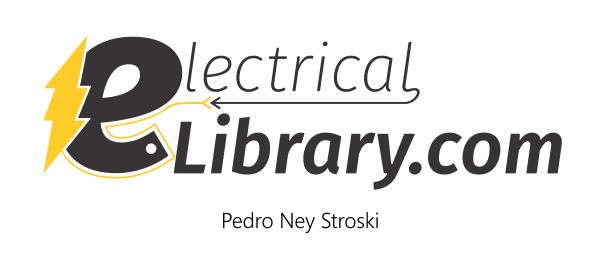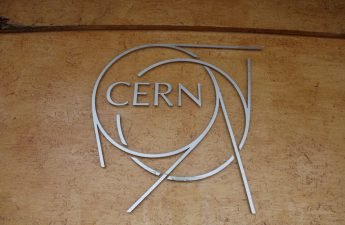Continuing the visit to CERN. This second and last part is about the permanent exhibition of Microcosm and the guided tour.
Category: Magnetism
Electrical e-Library at CERN (Part 1)
I was in Geneva, Switzerland, and I visited the European Organization for Nuclear Research (CERN). This site shows permanent exhibition for visitors.
Technical Museum Nikola Tesla (Part 1)
I was in Zagreb, Croatia’s capital and visited the Technical Museum Nikola Tesla. It is a huge museum and this is the first part of series.
Hall effect: Operation and sensor
Today are shown how Hall effect works, a magnetic sensor using this phenomena and how o use it in projects with Arduino.
Asynchronous x synchronous generators
This post is about a comparison between asynchronous and synchronous generators. Showing main advantages and disadvantages of both.
How asynchronous generator works?
The asynchronous generator is also called induction generator. It is used in small hydropower plants and wind turbines.
Compensating winding for universal motor
I received requests to write about two types of universal motor: conductively and inductively compensated. This post can be considered as the second part of universal motor operation.
DC voltage to rotor of synchronous generator
This is the second part of synchronous generator. The subject is an introduction about ways to provide direct current to synchronous machine’s rotor.
How synchronous generators work?
Synchronous generators are used in many types of power plants to convert mechanical energy of turbines in electrical energy.
WEG museum of science and technology (Part 2)
In this second part of WEG museum, is shown the manufacturing process of electric motors. What is shown here is not everything the museum has.









